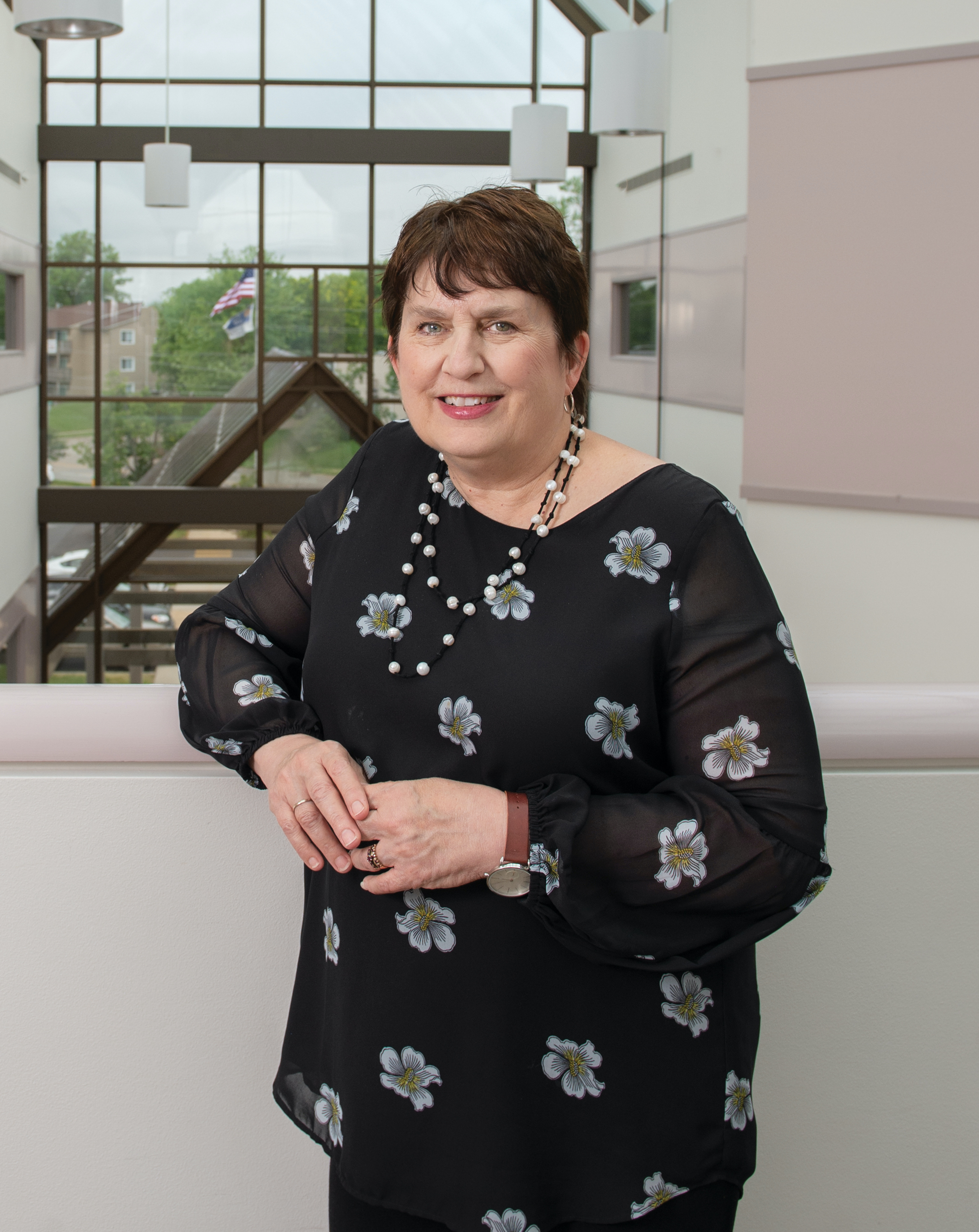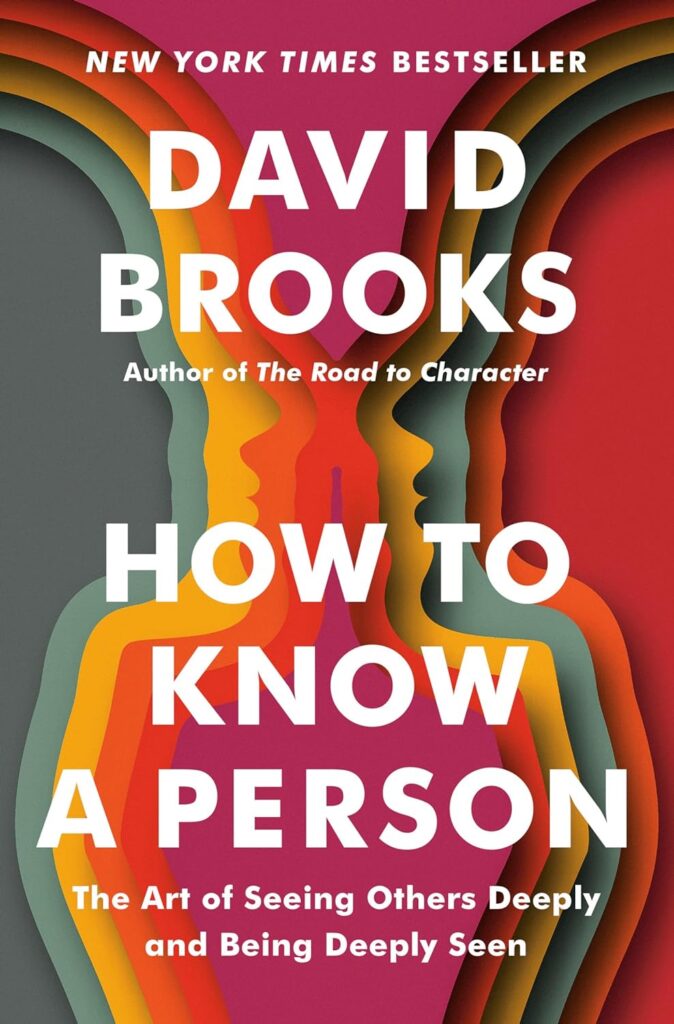United Way of Central Iowa’s Buck looks back at successes, continued challenges as she prepares for retirement

As Elisabeth Buck prepares for her last day leading the United Way of Central Iowa, she is quick to credit others for accomplishments that have been achieved during her time as its president.
“None of it have I done alone,” she said. “It’s been a team.”

During Buck’s tenure as president, she helped launch the early-education literacy initiative Read to Succeed, the statewide 211 resource information services hotline and the 21-Day Equity Challenge. She fostered a mission-focused culture around addressing the health, education and stability of Central Iowans and elevated equity issues in the community, advocating for eliminating racism and disparities.
The group’s biggest achievement, however, was increasing the high school graduation rate among Central Iowa students, Buck said.
“I’m really proud of the fact that we have now nearly 95% of our kids who are graduating from high school,” she said. “We did so much research to show how important that high school diploma is. In our economy here in Central Iowa, without a high school diploma, it’s very hard to get a job that’s a livable wage. And we know it’s about a $750,000 lifetime earning difference with or without a high school diploma, and our economy needs skilled workers. It’s about 6,300 more kids that wouldn’t have graduated over that period of time if we had been happy with the 83% high school graduation rate that we saw.”
A lot of work went into making that happen, from adapting the way children are served, increasing touch points with children, adding home visits, instilling a greater focus on mental health, and developing more wraparound services to help students succeed.
“I’m just so proud of that, that we all came together and knew that this wasn’t something that was OK, for kids to just drop out and no one to care and no one to circle back around to see what was needed,” Buck said.
One area that needs continued work is the fight to reduce poverty, she said.
“If you look at all the issues a community faces, most times the root cause is poverty,” Buck said. “We still have 32%, nearly 1 in 3 individuals not making enough to get by. What’s surprising is that this is the working poor; we are not talking about the folks standing at the corner looking for money. Of course there’s that, there’s those who are very poor, but the bulk of folks who are struggling are working.”
That became evident during the coronavirus pandemic, Buck said.
“Only 14% of those families who received rent assistance weren’t working,” she said. “So we have a big problem. Our wage level does not reflect what it costs to live, and what that does is it forces individuals to work two jobs. We have many people working in industries where they don’t have regular hours, they don’t have benefits, so that stress on the individual and the family is compounding with these kids.”
That stress trickles down to children, who worry about where their next meal will come from or whether they will be able to stay in their home, Buck said.
“So we still have a lot of work to do to really reduce the number of individuals and families who are struggling,” she said.
One solution is closing that skills and wage gap between those who only have a high school diploma and those with college degrees, she said.
“We need to continue the work we’ve been doing at the United Way to upskill many for those careers,” Buck said.
She talked about the effect of the COVID-19 pandemic and the work done by United Way of Central to Iowa to meet the needs of those most affected.
It invested an additional $1.8 million to help people with technology or supplies for schools and child care centers. It created the 211 COVID hotline, and it pivoted to a virtual campaign that resulted in the organization exceeding its goal by nearly $2 million. The racial reckoning that followed the murder of George Floyd by a Minneapolis police officer led to the 21-Day Equity Challenge in which 30,000 people participated virtually to learn more abut diversity equity and inclusion.
As Buck prepares to enter the next phase of her life, she has one piece of advice for those she is leaving behind.
“Never forget the difference you make in the lives of so many people,” said Buck, who was named one of the Business Record’s Women of Influence in 2015. “Never underestimate the power you have and the difference that we make for so many.”
So what’s next for Buck?
Mostly she’ll be spending more time with her family — and unwinding, she said.
That family includes her husband, Tim, a daughter, Ren, 35, a granddaughter, Willow, 3, a son Parker, who is 31, and a 94-year-old mother who lives on her own in Chicago.
“So I’m looking forward to spending time with my husband and doing some traveling for fun, and volunteering in the community,” Buck said. “We’re not going anywhere. We love Central Iowa, and I’m looking forward to volunteering for some causes I am passionate about.”








